By: Owen Lean
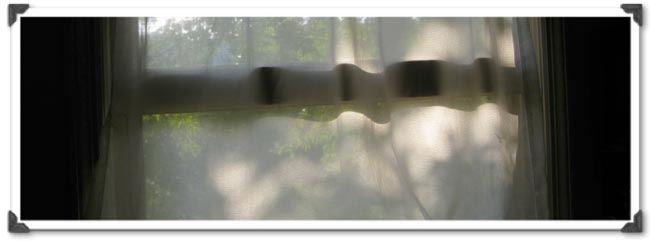 Let’s be honest: We’ve all had them.
Let’s be honest: We’ve all had them.
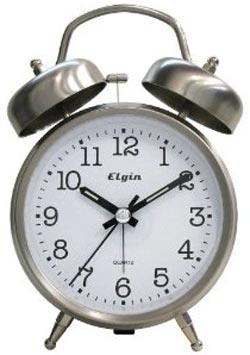 Those days when the alarm goes off for the morning draw, and just a crack of light is poking through your curtains. You checked the weather forecast last night, it wasn’t hopeful. You saw your bank balance last week, it was bad news. As you walk to draw back those thick pieces of cloth blocking your view of the outside world you’re filled with anticipation. Barely able to look you pull them apart and there it is.
Those days when the alarm goes off for the morning draw, and just a crack of light is poking through your curtains. You checked the weather forecast last night, it wasn’t hopeful. You saw your bank balance last week, it was bad news. As you walk to draw back those thick pieces of cloth blocking your view of the outside world you’re filled with anticipation. Barely able to look you pull them apart and there it is.
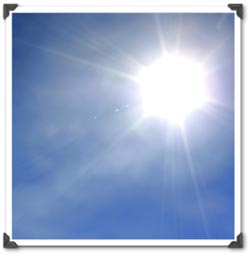 Blazing sunlight. Perfect blue. Not a cloud in the sky. The ideal busking weather.
Blazing sunlight. Perfect blue. Not a cloud in the sky. The ideal busking weather.
And you fall back on your bed miserably, because you were praying for rain.
No matter how much we love our job, I think it’s true that even the best of us have had times when for whatever reason the last thing we want to do is another show. Maybe we’re feeling burned out, maybe after a summer of great festivals we’re finding it hard to 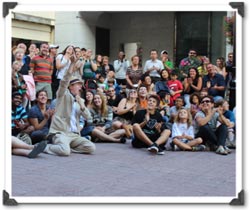 get the motivation to work an off-season ‘hardcore pitch’, maybe we’re just sick of our show. I for one have had days and weeks, even months like this since I started busking in
get the motivation to work an off-season ‘hardcore pitch’, maybe we’re just sick of our show. I for one have had days and weeks, even months like this since I started busking in
Ireland when I was doing my degree. Back then, when I started, I found it was a great way to make money, and made me something of a local legend amongst the other students, but neither money nor fame was the reason I started carrying my kit into class with me and ran out to Grafton Street during every break I had between lectures. I started, because it was fun. I loved the fact that after years of having to get my ‘performance kick’ by spending months in rehearsal at school 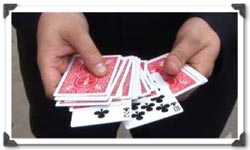 plays, or bugging people on trains with my deck of cards I could just walk out, gather a crowd, and make people laugh–and they paid me! Amazing.
plays, or bugging people on trains with my deck of cards I could just walk out, gather a crowd, and make people laugh–and they paid me! Amazing.
It wasn’t until my last year at university however, that due to trying to con myself of 5,000 words, I learned something even more important about what I was doing, and why what we do when we go out to the pitch every day, is so vastly important to the people we perform for and the city we perform in. There are studies that can show a direct correlation between the morale of a city and whether or not busking in it is legal – and the reason we make people’s lives genuinely better (and I think we can all think of a time when someone has had the courage to tell us so after a performance) is the same reason we often feel we have so many enemies. Freedom. To the average person 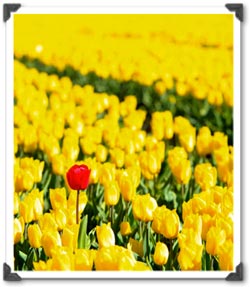 walking by our shows, whether we are performing a circle show or a walk-by music performance that is what we represent. Someone who has chosen to take themselves outside of societies normal boundaries and to a small extend unplug from The Matrix. To put it simply the street performer is someone who challenges us to be free, or at least freer, and while that may in concept be exhilarating in theory, to many who pass us by, or see us outside their office window every day, it breeds bitterness, and resentment. As George Hanson says in Easy Rider “they’re gonna talk to you, and talk to you, and talk to you about individual freedom. But they see a free individual, it’s gonna scare ’em.”. Because it’s not enough for us to be standing there, representing freedom. We have to help them become a little bit freer, even if it’s just for a few moments – and that is what I believe is truly at the heart of our shows.
walking by our shows, whether we are performing a circle show or a walk-by music performance that is what we represent. Someone who has chosen to take themselves outside of societies normal boundaries and to a small extend unplug from The Matrix. To put it simply the street performer is someone who challenges us to be free, or at least freer, and while that may in concept be exhilarating in theory, to many who pass us by, or see us outside their office window every day, it breeds bitterness, and resentment. As George Hanson says in Easy Rider “they’re gonna talk to you, and talk to you, and talk to you about individual freedom. But they see a free individual, it’s gonna scare ’em.”. Because it’s not enough for us to be standing there, representing freedom. We have to help them become a little bit freer, even if it’s just for a few moments – and that is what I believe is truly at the heart of our shows.
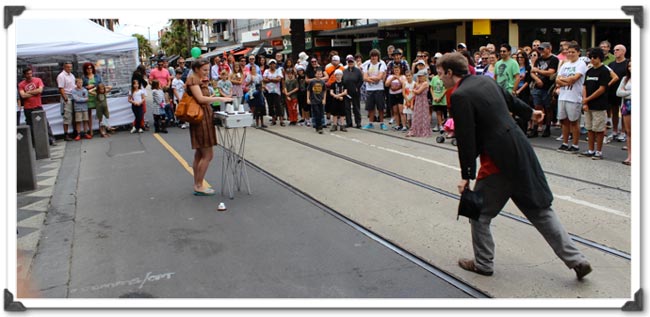 A street show is an incredibly pure kind of performance in that it helps us experience a release of energy that has become almost completely lost to us as adult humans. And by that I mean, play. Play is–as defined by Marvin Carlson in Performance: An Introduction–
A street show is an incredibly pure kind of performance in that it helps us experience a release of energy that has become almost completely lost to us as adult humans. And by that I mean, play. Play is–as defined by Marvin Carlson in Performance: An Introduction–
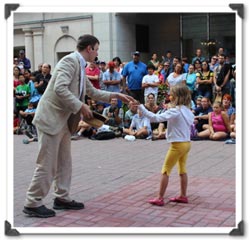 a kind of performance, a liminal activity, which allows a spontaneous and free ‘letting off
a kind of performance, a liminal activity, which allows a spontaneous and free ‘letting off
of steam’. It is not hard to see that we are almost unique in intelligent creatures in that we stop playing as we get older – sure we engage in sporting performance, we drink, we dance, but we stop playing in that wild spontaneous way that children play, and adult mammals continue to do as they get older. We live in a society where we have repressed a lot of our animal instincts in striving for order – yet inside of us that animal is screaming and fighting to get out, and every now and again we need that release.
This is what street performance does. We, the busker, stand right in the centre of the urban environment, right in the middle of this 9-5 world of straight lines and literally pull our audience out of it for twenty minutes and we do our job right, turn them into children again, allowing you to experience a different world, a world where the rules are broken, and where you’re not only allowed but actively encouraged to play. In these shows, when we do it perfectly, the entire crowd is released for a while, they experience that freedom 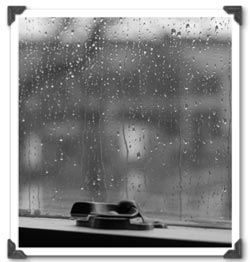 they crave so much, the become the “total man” that Antonin Artaud raved about before he was committed to an insane asylum (and twice as much
they crave so much, the become the “total man” that Antonin Artaud raved about before he was committed to an insane asylum (and twice as much
when he got out). I didn’t know it at the time, but it’s the reason I fell in love with busking when I first started, and I’ll wager a good number of us did as well.
As I write this, the rain outside my window is pouring down in droves. I confess that this morning, 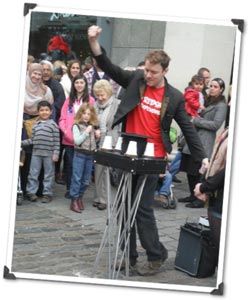 once again, I welcomed it. I’ve been going through what has probably been the longest spell of not wanting to do a show since I started. I hope that soon I’ll be able to break out of it, and remember the essence of what I loved so much about it, why I started doing it in the first place: not for money, not for fame, but because I – like my audience – desperately need to be free.
once again, I welcomed it. I’ve been going through what has probably been the longest spell of not wanting to do a show since I started. I hope that soon I’ll be able to break out of it, and remember the essence of what I loved so much about it, why I started doing it in the first place: not for money, not for fame, but because I – like my audience – desperately need to be free.
Lets play.

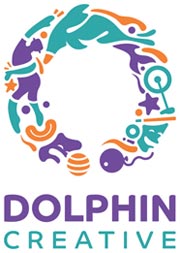







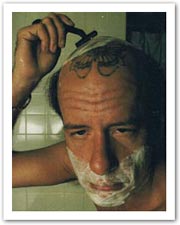
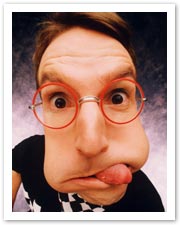


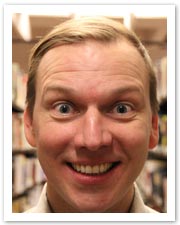
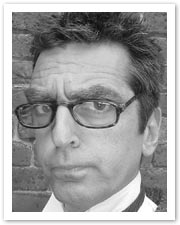
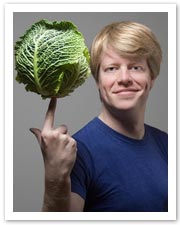
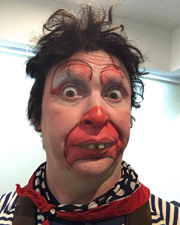
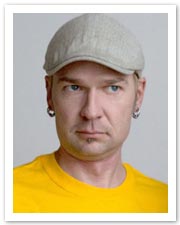
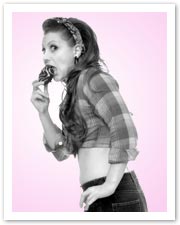

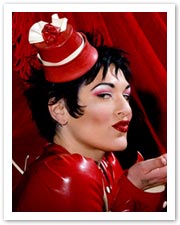
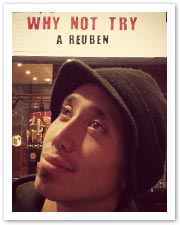
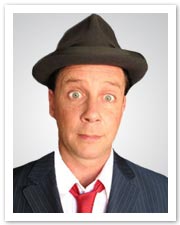
Pingback: Buskers: Dionysian Artists | The Gargarean